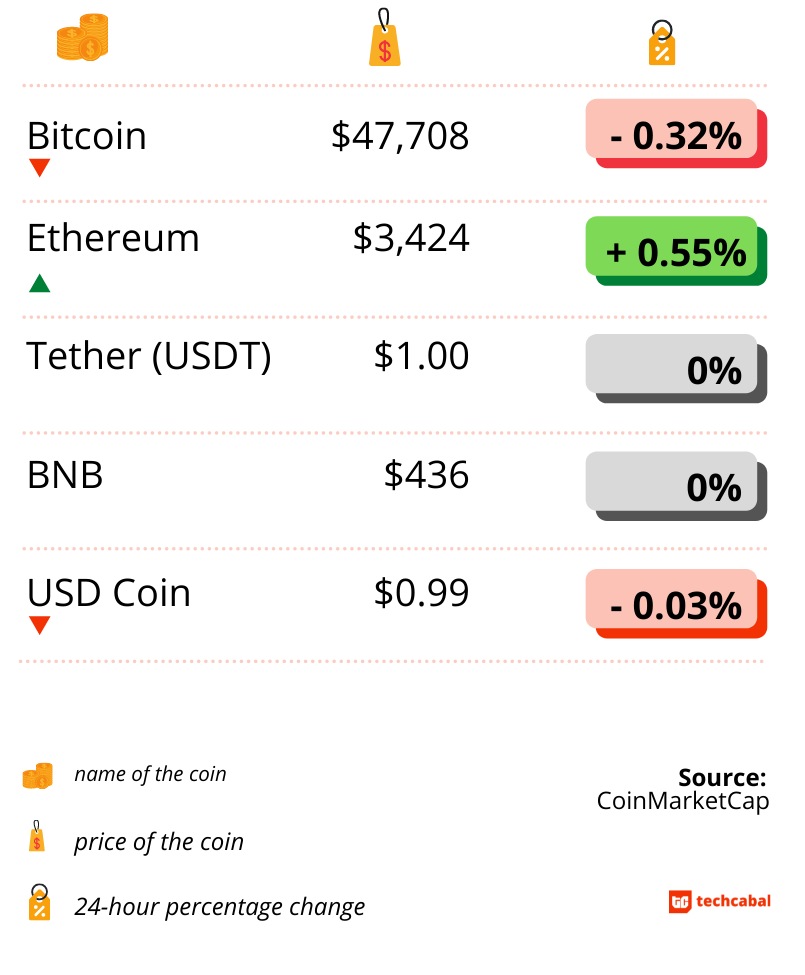
IN PARTNERSHIP WITH

Good morning ☀️
TikTok is testing a “Watch History” feature to help users keep track of videos they’ve watched.
Soon, instead of racking your brain trying to remember which TikToker’s “Follow The Ladder” version you liked best, you may be simply select the Watch History button to view all the videos you’ve watched in the last 7 days.
If released, the feature will be the simplest way for users to find lost videos among other workarounds.
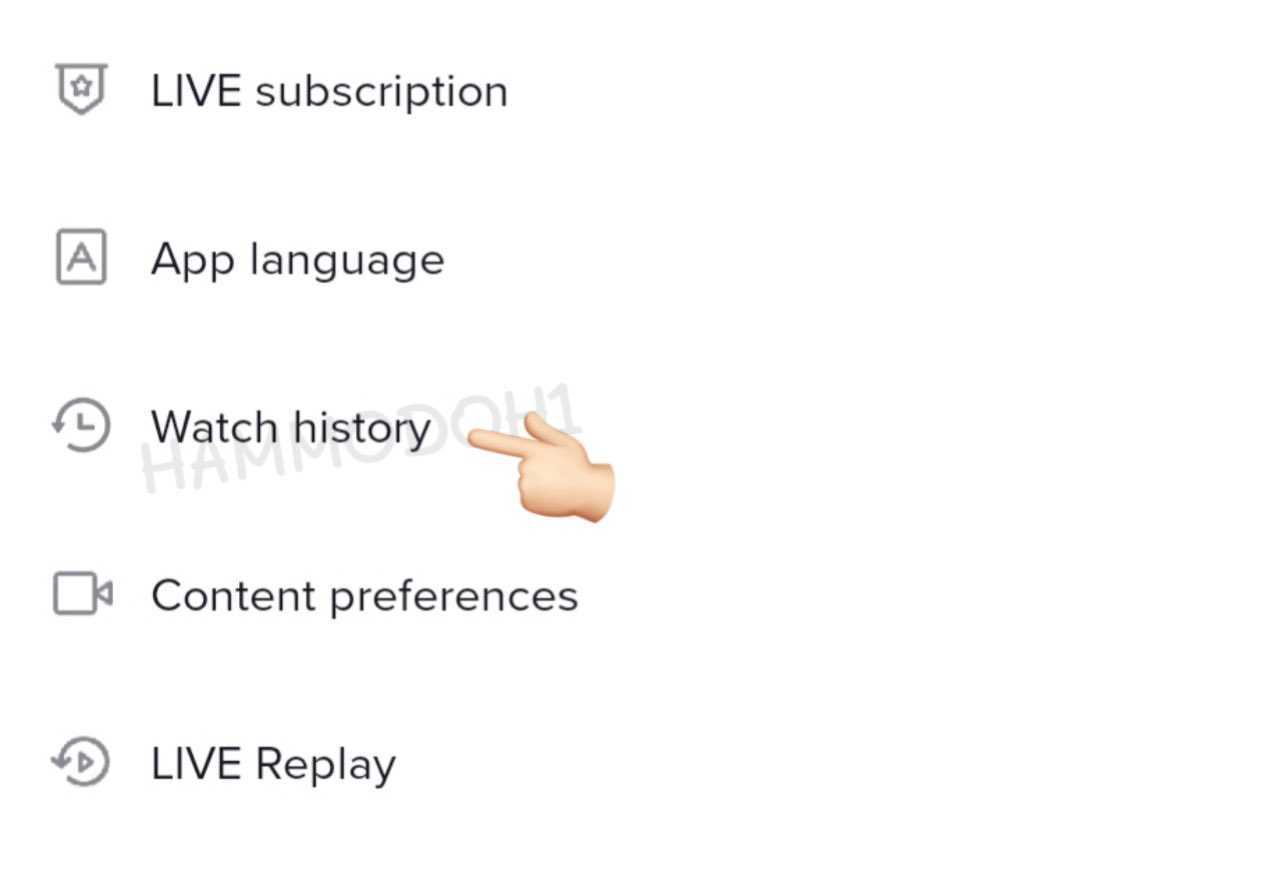
In today’s edition
- Ghana’s e-levy bill inches closer to reality
- ECOWAS orders Nigeria to amend its cybercrime law
- South Africa is delaying its analogue TV switch off
- Introducing: DealFlow
- Opportunities
GHANA’S E-LEVY BILL INCHES CLOSER TO REALITY
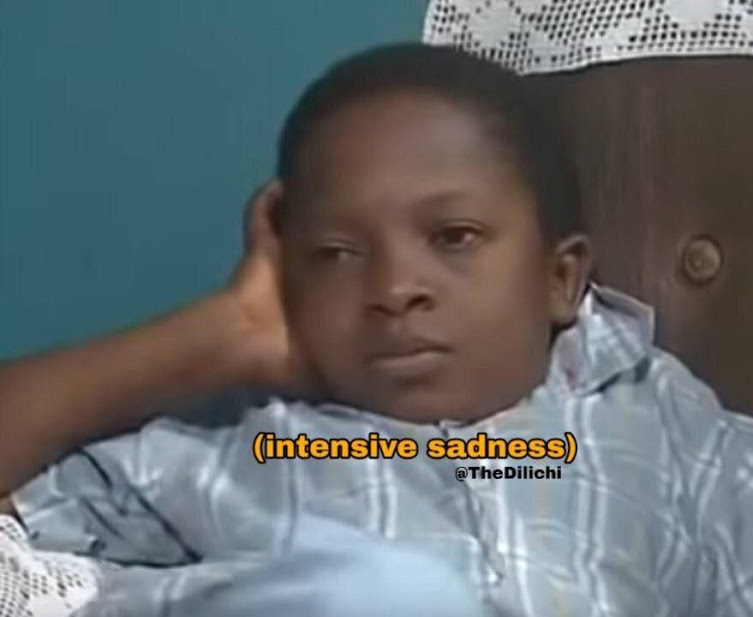
We’ve spoken about Ghana’s controversial e-levy bill before. Now, the bill is one step closer to implementation.
On Tuesday, Ghana’s parliament approved the electronic transaction tax (e-levy) which the government expects will help raise $900 million in revenue. The bill has however sparked widespread criticism as it will introduce a 1.5% tax on electronic money transfers and transactions.
The final step is the President’s assent which will seal the deal.
According to TechNova, all the following transactions will be taxed once the e-levy bill comes into law:
- Mobile money transfers between accounts on the same Electronic Money Issuer (EMI)
- Mobile money transfers from an account on one EMI to a recipient on another EMI
- Transfers from bank accounts to mobile money accounts
- Transfer from mobile money accounts to bank accounts;
- Bank transfers on a digital platform or application, which originate from a bank account belonging to an individual, to another individual.
President Nana Akufo-Addo’s administration claims the move will help address some of the pressing socio-economic problems bedevilling the country, from unemployment to dwindling state revenue and high public debt.
However, for the average citizen, the new tax represents yet another burden as the majority of Ghanaians continue to grapple with high living costs, which have only been aggravated by soaring fuel prices induced by the ongoing Russia-Ukraine crisis.
Don’t just send money, send money fast. Send and receive money directly to mobile wallets, bank accounts, Barter or through cash pickup with $end.
Visit send.flutterwave.com and do it now!
This is partner content.
ECOWAS ORDERS NIGERIA TO AMEND ITS CYBERCRIME LAW
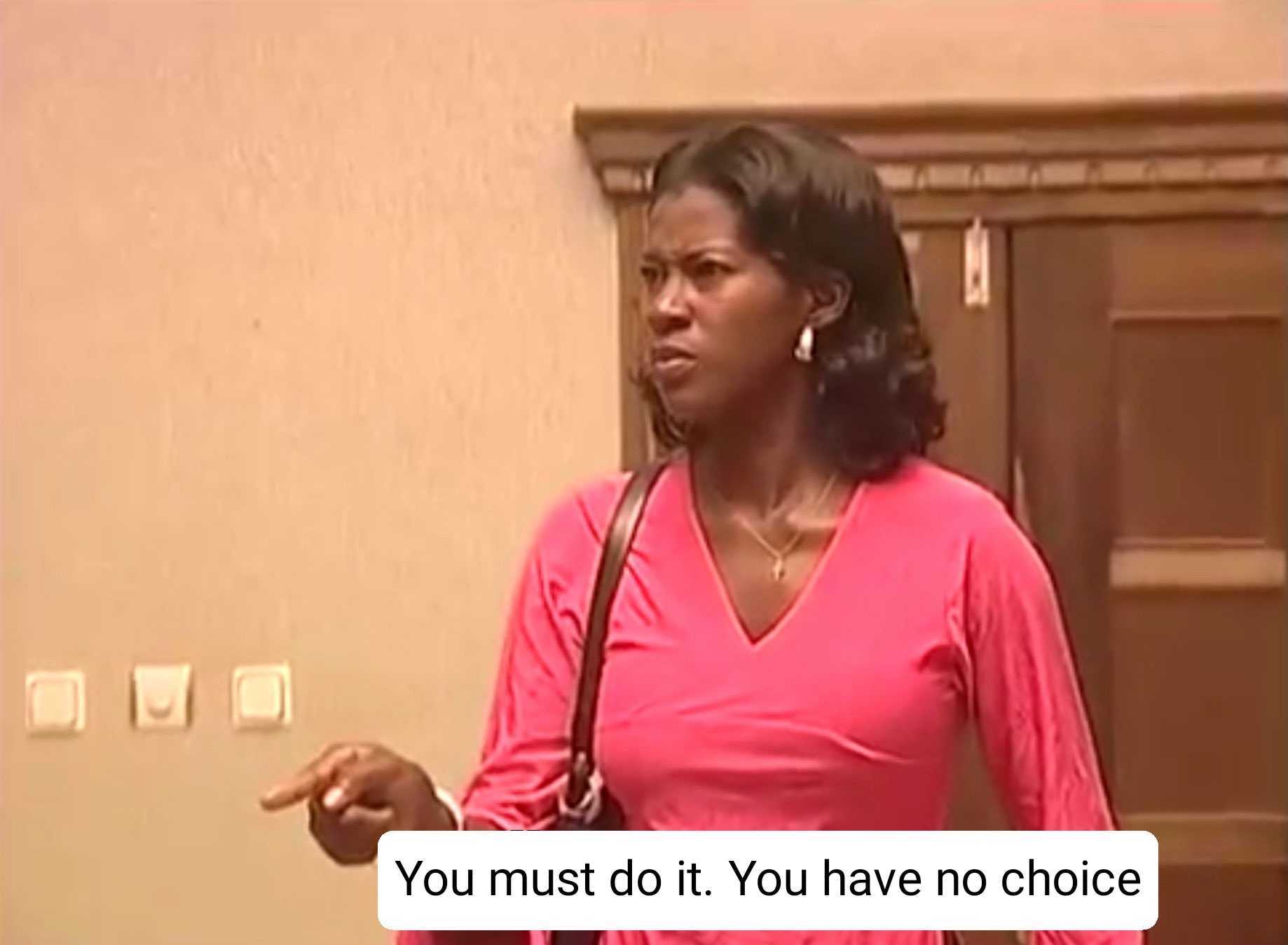
The Economic Community of West African States (ECOWAS) Court has ordered the Nigerian government to amend Section 24 of its Cybercrime (Prohibition, Prevention) Act of 2015.
According to the Court, the law has been used by Nigerian authorities to sanction social media users and journalists.
What’s included in Section 24?
Section 24 is titled “Cyberstalking” and it criminalises the transmission of content that is “grossly offensive, pornographic or of an indecent, obscene or menacing character”, and messages or images that threaten others.
The section also gives the court authority to grant injunctions to anyone who wants to commit any of the offences listed under it.
So what’s the problem?
The Nigerian government has selectively applied the section to journalists and other vocal political dissidents.
Several journalists from different states have been imprisoned on charges of cyberstalking. Freelance journalist, Rotimi Jolayemi, for example, was jailed after the government claimed his poem “caused annoyance, insult and hatred towards Nigeria’s Minister of Information and Culture, Alhaji Lai Mohammed”.
Another, Agba Jalingo, was jailed for 174 days after he published a piece on the diversion of state funds.
What ECOWAS is saying
The suit was brought to the ECOWAS Court by a Nigerian CSO, the Socio-Economic Rights and Accountability Project (SERAP).
ECOWAS Court says the law contradicts Articles 9 of the African Charter on Human and Peoples’ Rights (ACHPR), and the International Covenant on Civil and Political Rights (ICCPR), both of which promote free speech and expression.
The Court also ruled that the Nigerian judiciary often takes advantage of ambiguous words in the law to repress citizens.
What next?
According to its charter, Nigeria should obey the order or risk economic sanctions by ECOWAS.
There is however the possibility that the order will be ignored due to ECOWAS’s dwindling influence in the region. In 2021, for example, an ECOWAS Court order to lift the Twitter Ban was contested by the Nigerian government so an order to amend a law may prove difficult to adhere to.
Buy Dollar stablecoins with Naira on Busha, Earn passive income on your Dollar stablecoins, Receive interest daily and cash out anytime you want. With Busha, you get access to the best flex savings for Dollar equivalent in Nigeria. Start saving for the future you want NOW!
This is partner content.
SOUTH AFRICA IS DELAYING ITS ANALOGUE TV SWITCH OFF
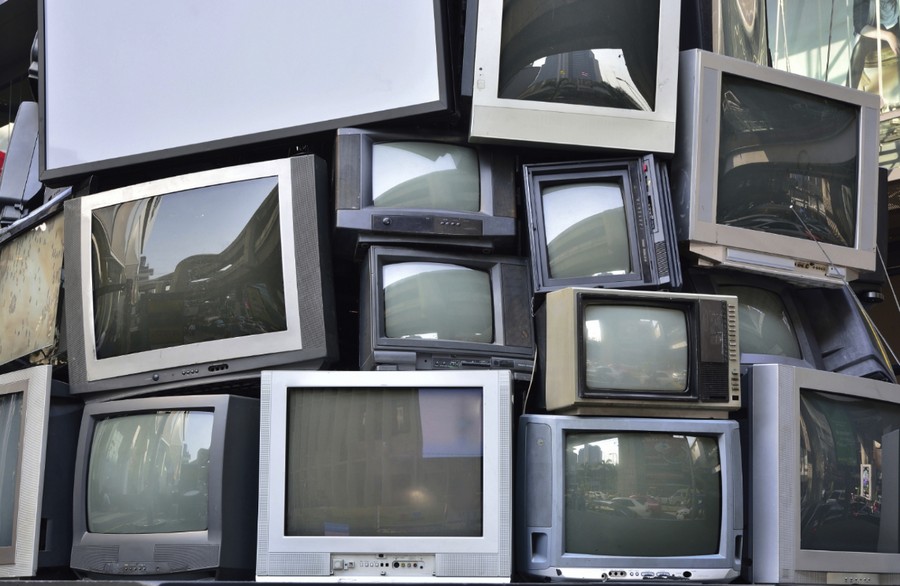
Speaking of court action, a high court in Pretoria has decided that South Africa’s analogue TV switch-off date should be moved from March 31 till the end of June.
Hold on, what’s happening?
A not-so-long time ago, TVs weren’t the fancy flat screened darkness that only needed modems, subscriptions and satellite dishes. They had antennas that broadcasted channels from local tv stations, all for free.
The simplicity of the setup, as well as the affordability, made analogue TVs the go-to choice for many households, even as digital television grows in strides.
In South Africa, for example, over 5.7 million households are still using analogue TVs. By June though, most of them will be staring at blank screens after the South African government cuts off all analogue TV transmitters.
First, it’s not happening in South Africa only. It’s a global occurrence.
In fact, at least 18 countries on the continent have completely switched off analogue terrestrial transmissions including Algeria, Tanzania, Kenya, Lesotho and Ghana.
The major reason for this switch is to free up the broadcast spectrum “which can then be used for other purposes, such as advanced wireless services and for public and safety services”. There are other reasons including better sound and picture quality, as well as more channel options.
In fact, the United Nations International Telecommunications Union set a June 17, 2015 deadline for all countries to complete the switch but many African countries missed it.
The reason isn’t so far-fetched. Many Africans are still using dialogue and/or can’t afford digital televisions and subscriptions. Kenya’s switch off cost 1.3 million households their TV connections.
This same reason is what’s holding up South Africa’s switch off.
South Africa provides free set boxes
To prevent this blackout, the South African government is offering these households free set-top boxes that can receive digital transmissions.
Over 3.75 million South African households qualify for these devices but only 1.12 million have applied while millions more are left to fund the switch themselves.
Last year, eTV, a South African TV broadcaster transmitting via analogue, applied to a court in Pretoria seeking to prevent the switch off. Yesterday, the court declined the application but extended the deadline to June in order to give people more time to switch.
Fincra provides reliable payments solutions for fintechs, online platforms and global businesses. Their solutions make it super easy for businesses to send and receive local and international payments in EUR, GBP and NGN from/to customers, suppliers and partners seamlessly without the headaches associated with traditional payment methods. You can gain access to Fincra’s platform through a merchant portal or simply integrate their payment API keys into your platform.
Sign up for a quick demo in less than 5 minutes here.
This is partner content.
INTRODUCING: DEALFLOW
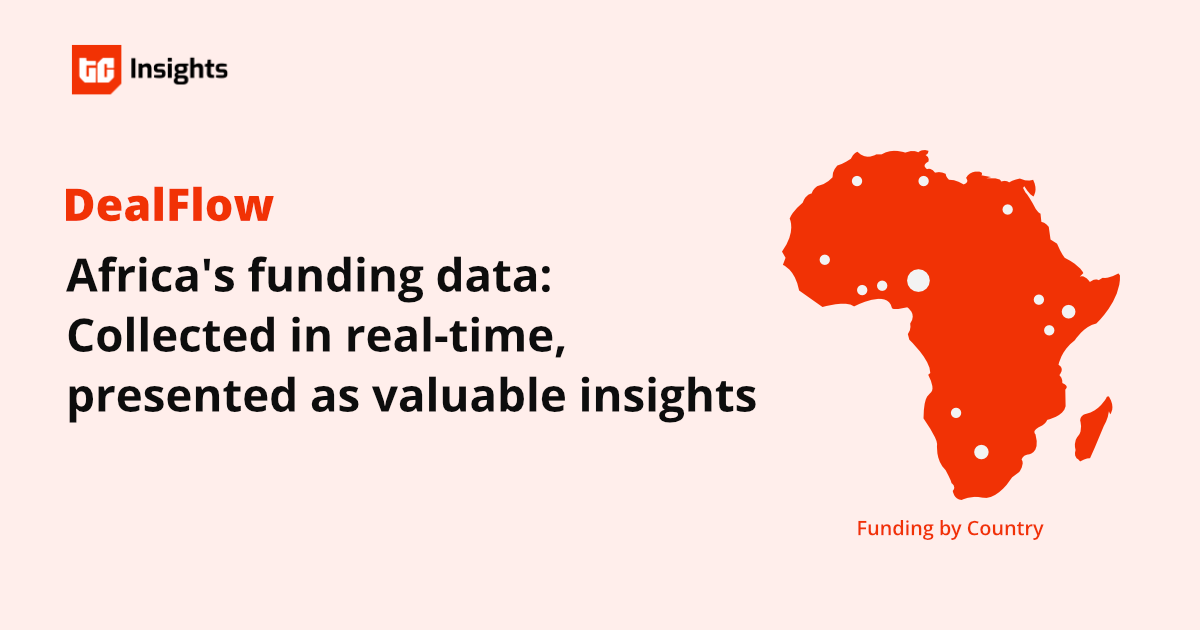
Get Africa’s startup funding updates in real-time.
A major problem limiting the growth of Africa’s tech ecosystem is the unavailability of data. With data, stakeholders can make important decisions on the go, saving time and resources that would otherwise be directed at doing research. Investors especially need to get a direction of what funding is like at every point in time so they can position their funds accordingly.
This need for quick insights is exactly what our funding tracker solves. The data is updated in real-time just as startups reach out to us with funding info or as announcements are made.
You no longer have to wait for end-of-year reports to get an overview of what the African tech ecosystem is like, you can get that insight in real-time on DealFlow.
OPPORTUNITIES
- Applications are open for the 2022 edition of the African Business Heroes Competition for African Entrepreneurs. Entrepreneurs from all 54 African countries who are contributing to the development of sustainable economies are invited to apply. Ten winning entrepreneurs will share $1.5 million, get access to mentorship opportunities, and gain global recognition. Shoot your shot.
- The Habitat for Humanity Africa Housing Forum Innovation Awards 2022 is now open to African organisations, startups, researchers and entrepreneurs focused on improving access to affordable housing on the continent. Three winners across 3 categories – ShelterTech, Best Practices, and Public Policies – will get $5,000 each as well as fully paid trips to the World Urban Forum in Katowice, Poland in June 2022. Check it out.
- The Acumen Accelerator 2022 for Ventures Serving Displaced People is now open to applications from East African businesses and startups that create sustainable living solutions for displaced people in East Africa. Selected startups will share up to $75,000 in grants. Find out more.
- Applications are open for the Sound Connect Funds in Southern Africa 2022 grant. Southern African NGOs and businesses that focus on and support the cultural and creative sector in Southern Africa are invited to apply to get up to €180,000 in grants. Check it out.
What else we’re reading
- CredPal gets $15 million to expand its buy-now-pay-later business.
- Nigeria has 18 startups in Y Combinator’s W22 batch.
- The Democratic Republic of Congo becomes the biggest country in East Africa’s trading bloc.
- Europe’s DMA legislation may threaten WhatsApp’s end-to-end privacy.







